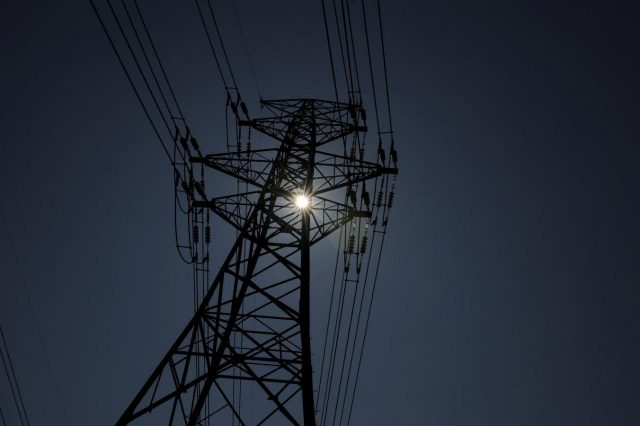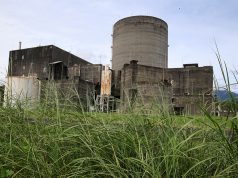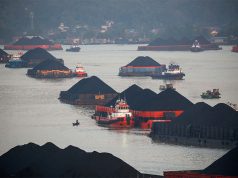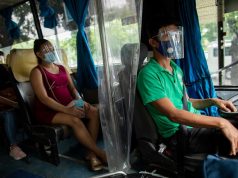MANILA, Philippines — The Department of Energy is pushing for a 25-percent contingency reserve requirement for all power generating firms to meet peak demand and avert outages due to plant shutdowns and other causes.
Energy Secretary Alfonso Cusi told reporters on the sidelines of the Energy Investment Forum 2017 that the contingency reserve is necessary to ensuring stable energy supply as the country is vulnerable to outages caused by natural calamities.
“A 25 percent reliability reserve is one way the DOE puts supply ahead of demand. In as much as we are trying to bring in investors, we want to be ready with the power demands to be able to keep up with industrialization,” Cusi explained.
He said that on top of the mandated reserves for generation companies, there should be a 25-percent dispatchable reserve for peak demands.
“Operational transmission reserves are mandated in the gencos’ franchise and concession. We don’t want a repeat of the kind of long-term brownouts during the late 1980s. That was really bad for the economy,” Cusi said.
Recent yellow alerts at some power plants from either planned or unplanned outages and maintenance shutdowns make reserve power necessary.
“We have to be ready when investors say, ‘We will come once you build or have this or that’,” Cusi said.
As far as attracting investments, the energy chief admitted that while the Philippines’s carbon emissions are six times lower than the global average, foreign investors choose to establish their businesses elsewhere because electricity costs here are among the highest in Asia.
The Philippines leads in environmental sustainability, with a renewable energy mix of 30 percent, the highest in Asia and at par with developed countries in the world, Cusi said.
For three consecutive years, the World Energy Council has ranked the Philippines number-one for environmental sustainability on its Energy Trilemma Index.
“This recognition places us ahead of countries, such as Switzerland, the United Kingdom, and Germany,” he said, adding this is one reason why the DOE proposes that one percent of the contractive capacity of distribution utilities must come from renewable energy.
“This is why more Filipinos have access to reliable and secure electricity, and why the Philippines is a global leader in renewable innovation and environmental sustainability,” Cusi said.










